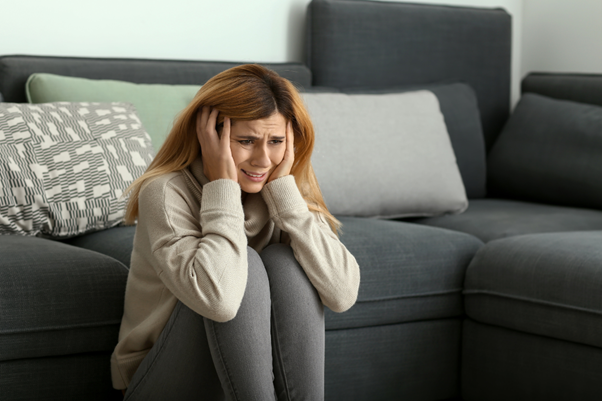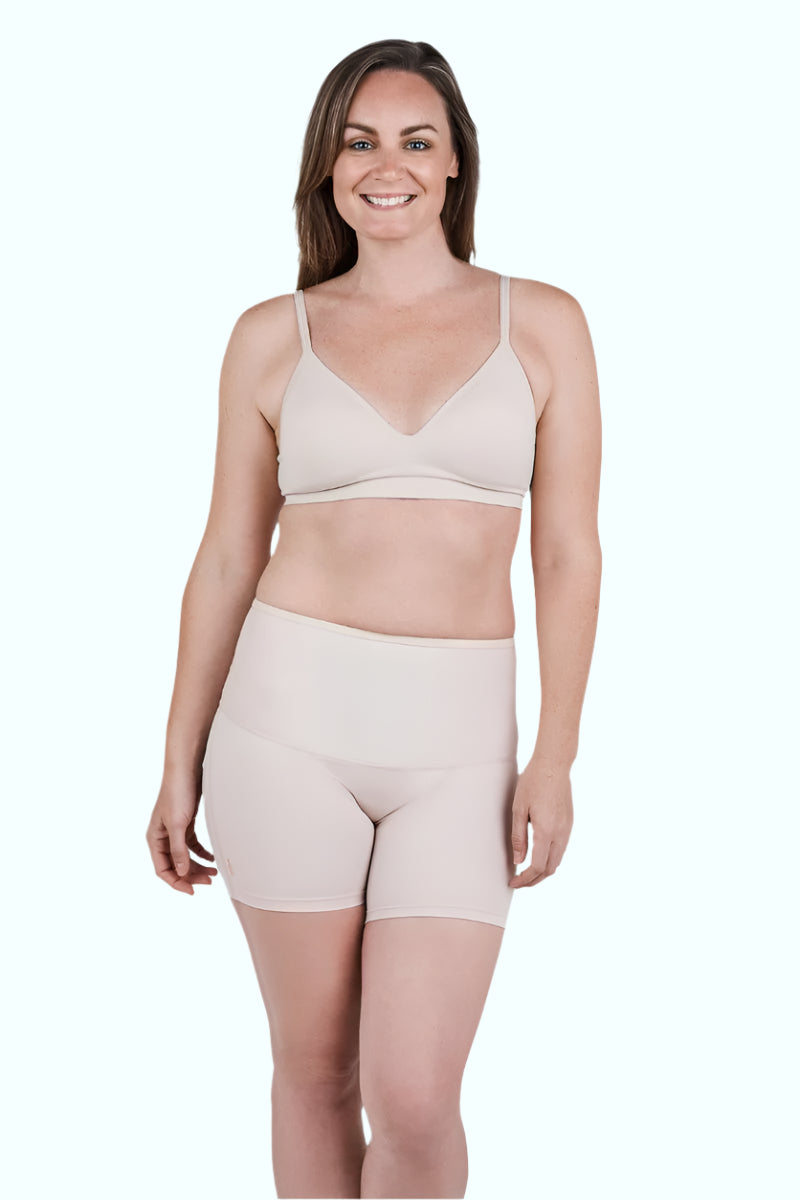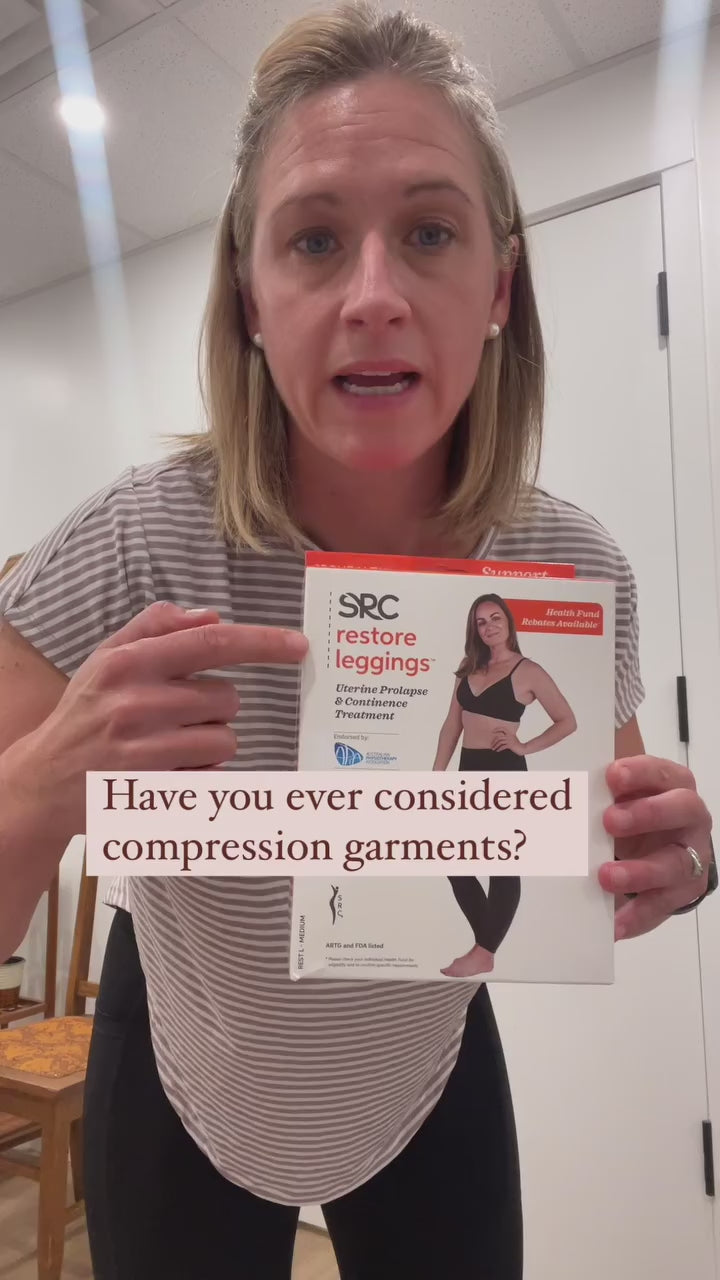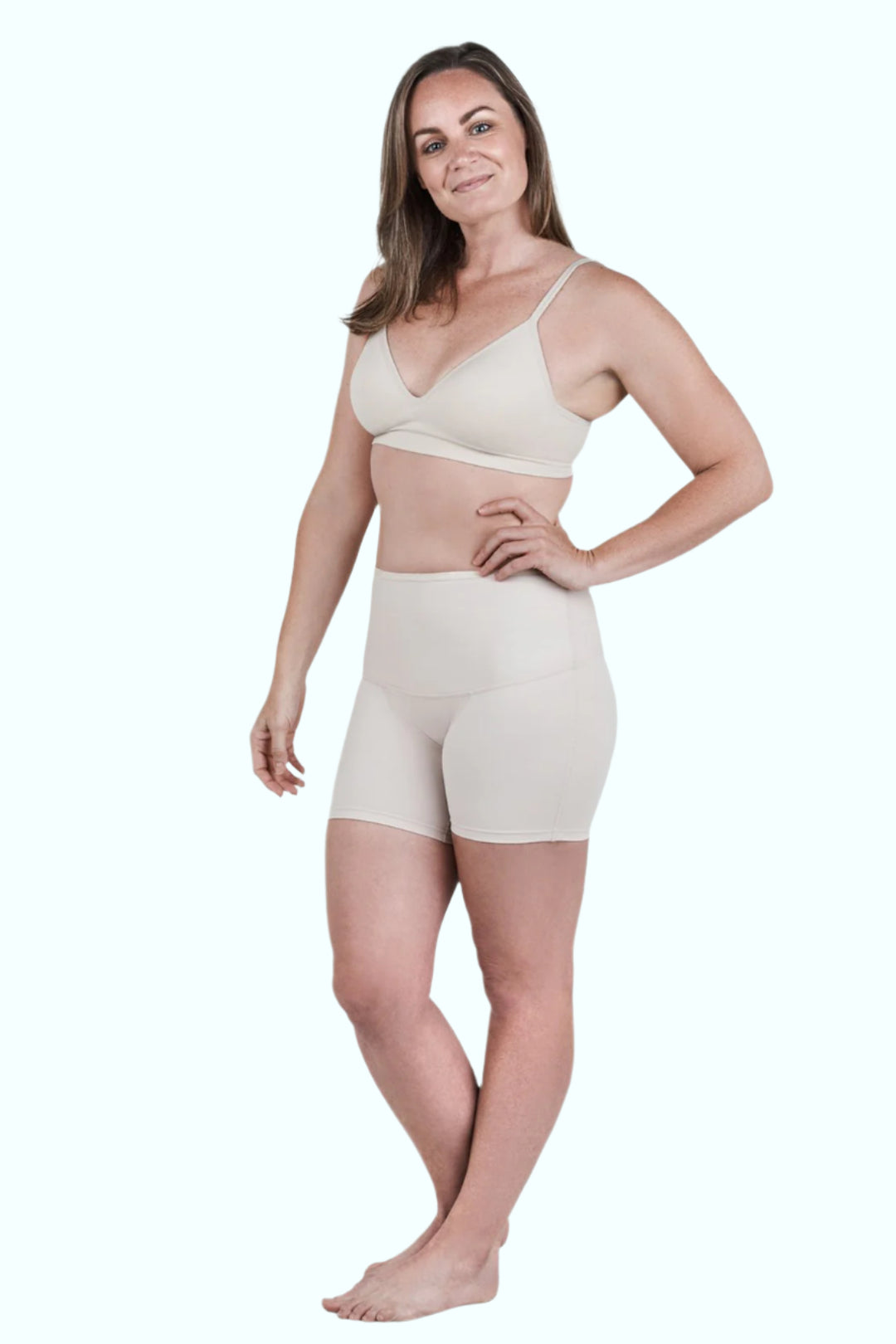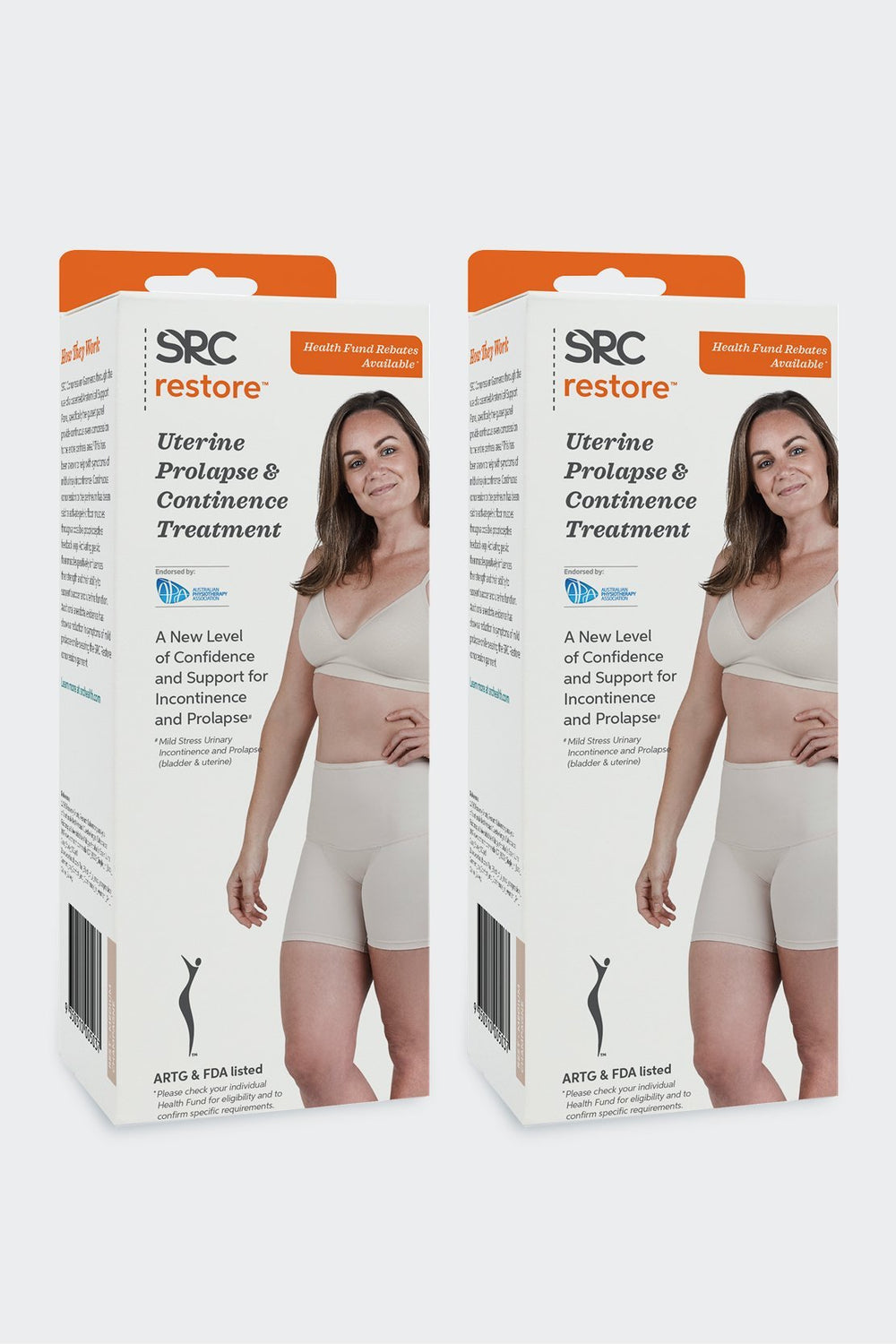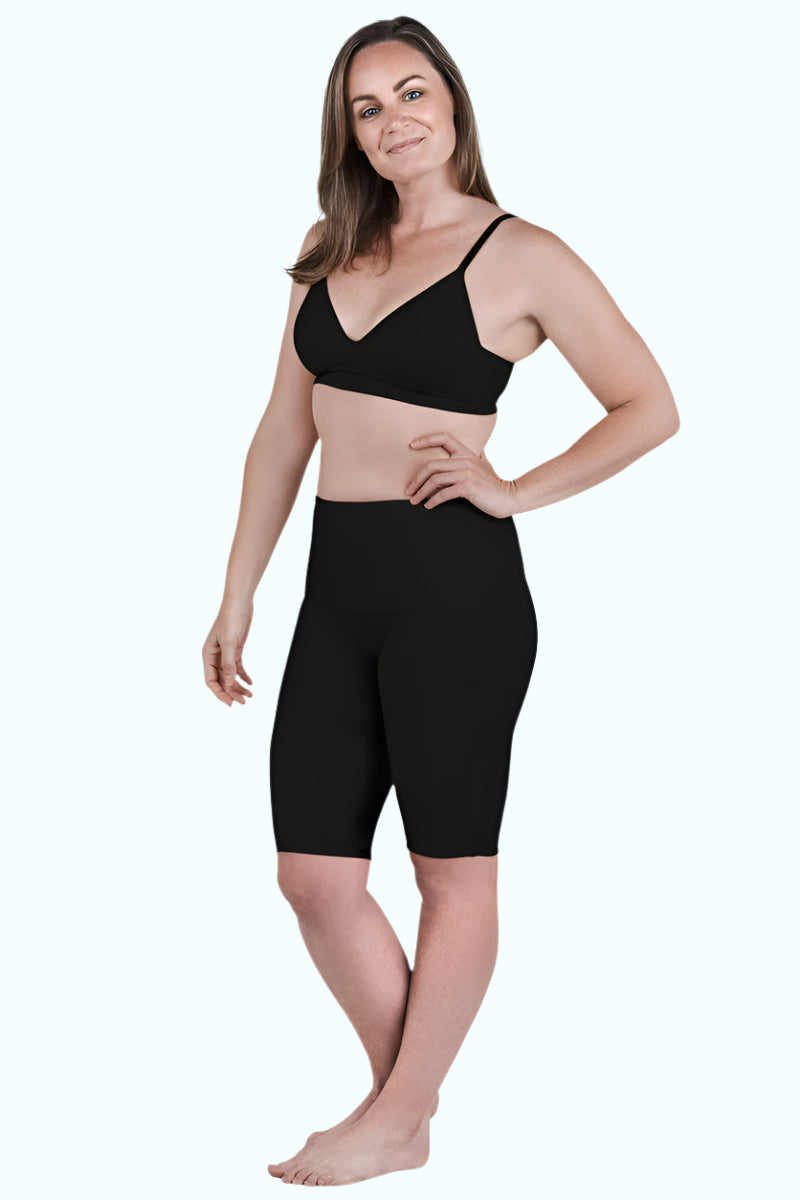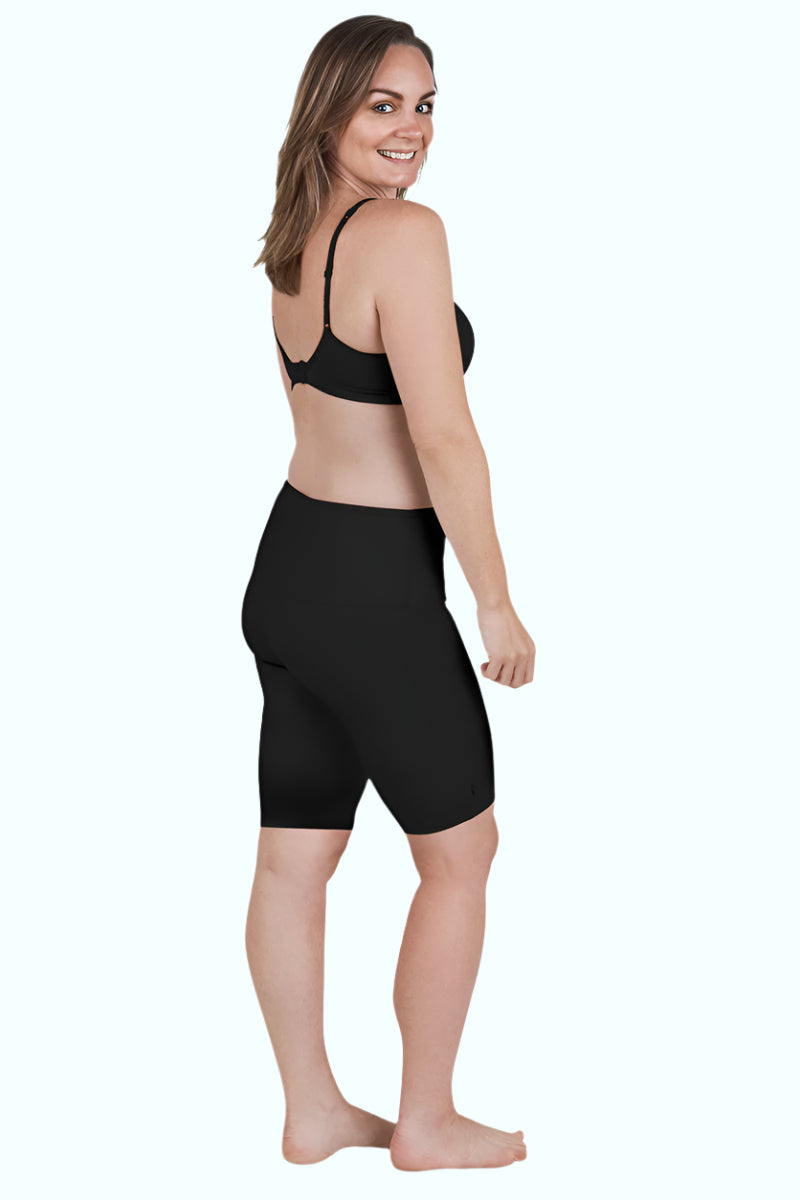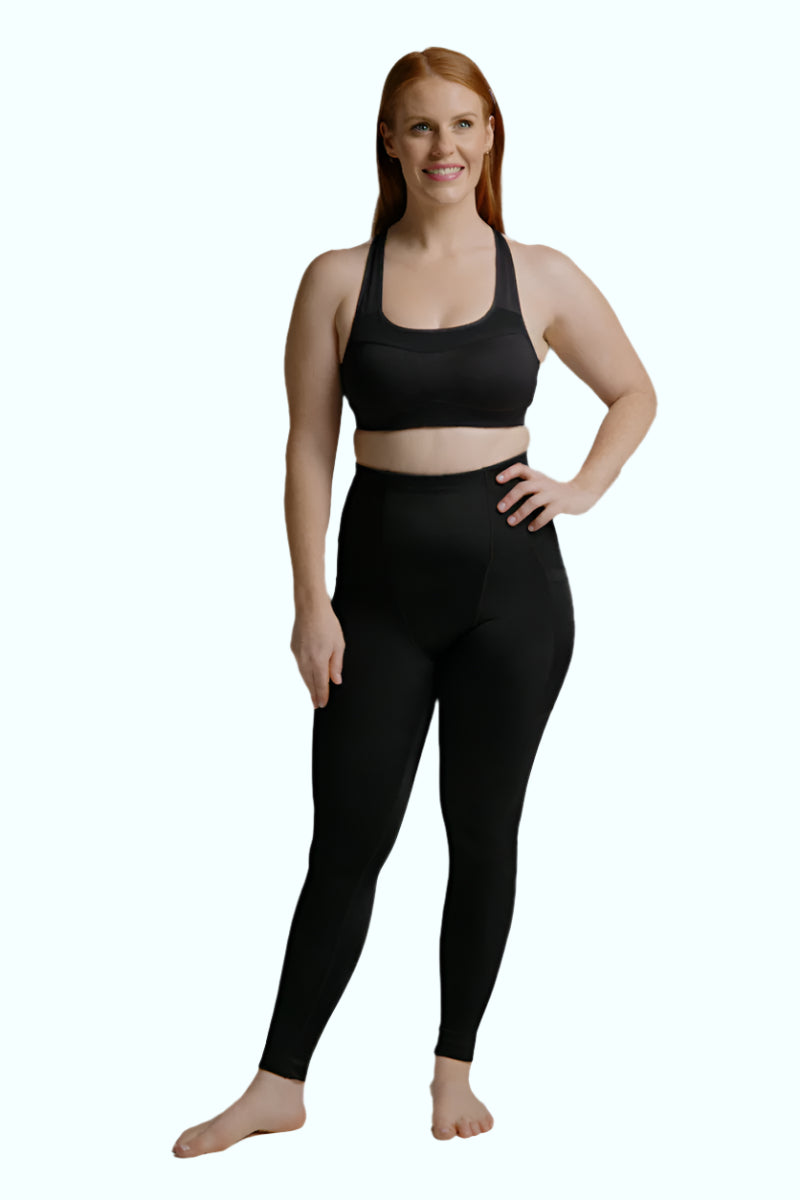If you are in your late 30s or 40s and suddenly feel like your emotions have been hijacked, you are not alone. Welcome to perimenopause, that tricky time leading up to menopause where your hormones decide to throw wild parties without your permission. For many women, one unexpected guest at this party is anxiety.
You might wake up feeling fine one day, then be hit with waves of worry or restlessness the next. The good news is that once you understand what is happening, you can take control of perimenopause anxiety.
What Is Perimenopause?
Perimenopause is your body’s natural way of winding down its reproductive years. It often starts in your late 30s or early 40s and can last several years, however it can start earlier. The main culprit is hormonal changes, especially fluctuating estrogen and progesterone levels. These hormones do not just regulate your cycle. They also influence your mood, energy, sleep, and brain chemistry.
During this phase, your periods may become irregular, shorter, longer, heavier, or lighter. You may also notice hot flashes, night sweats, vaginal dryness, or changes in your sex drive. But for many women, the emotional rollercoaster, especially anxiety, is what takes them by surprise.
Why Does Perimenopause Trigger Anxiety?
Your hormones are closely linked to your brain’s mood centres.[1] Estrogen affects serotonin, the feel-good brain chemical. As estrogen levels drop, serotonin often dips too, opening the door to anxious feelings.[2] At the same time, progesterone, which has a naturally calming effect, also declines, leaving you feeling more wired, restless, and vulnerable to worry.
Combine these internal changes with external life stress, such as children leaving home, work demands, or aging parents, and it is no surprise perimenopause anxiety can suddenly show up uninvited.
The important thing to remember is that it is not all in your head. It is a real physiological response to hormonal shifts.
Symptoms of Perimenopausal Anxiety
Perimenopause anxiety can present itself in many different ways during perimenopause [1]:
- Constant worrying, even over small things
- Restlessness or feeling on edge
- Racing thoughts or heart palpitations
- Shortness of breath
- Muscle tension
- Trouble concentrating
- Mood swings, irritability, emotional outbursts
- Sleep problems such as difficulty falling or staying asleep
If any of these sound familiar, know that you are not alone. These symptoms are common during this transition.
How to Calm Perimenopausal Anxiety and Feel Like You Again
While anxiety during perimenopause can feel overwhelming, you have many tools at your disposal. Here are practical, evidence-based strategies:
1. Medical Treatments
Hormone Replacement Therapy (HRT):
HRT can be highly effective at addressing both emotional and physical symptoms by stabilising estrogen and progesterone levels. It can ease mood swings, reduce anxiety, improve sleep, and relieve hot flashes. It is not suitable for everyone, but for many, it provides meaningful relief. Speak with your healthcare provider to see if it is right for you. [3]
Antidepressants (SSRIs/SNRIs):
Low-dose antidepressants can help regulate serotonin and norepinephrine, improving mood, easing anxiety, and stabilizing sleep patterns. Even women who are not clinically depressed may benefit from this option.[4]
2. Therapy and Emotional Support
Cognitive Behavioural Therapy (CBT):
CBT is one of the most researched and effective treatments for anxiety. It helps identify anxious thought patterns and reframe them into healthier, more balanced perspectives. [5]
Mindfulness-Based Stress Reduction (MBSR):
Mindfulness techniques help calm the nervous system and anchor you in the present moment. Breathing exercises, guided imagery, or short daily meditations can make a big difference. [6]
Support Groups and Counselling:
Talking to other women who are experiencing the same thing can provide incredible relief. You do not have to go through this alone, but please remember every woman’s symptom and experience are different and some are simply lucky not having to go through some of the perimenopause anxiety symptoms you may be going through.
3. Lifestyle Changes That Make a Huge Difference
Exercise:
Physical activity is one of the most effective natural treatments for anxiety and hormonal balance. Just 20 to 30 minutes a day of walking, yoga, dancing, or any weight-bearing exercise can boost mood-enhancing endorphins, reduce cortisol, improve sleep, and support bone and muscle health. Most importantly find a physical activity that you enjoy. This will ensure you stick with it, as it becomes part of your lifestyle rather than something that you feel you are obliged to do. [7]
Nutrition:
What you eat matters.
- Lean proteins, healthy fats, whole grains, and colourful vegetables
- Omega-3 rich foods like salmon, walnuts, and flaxseed
- Limit processed sugars, caffeine, and alcohol
Sleep Hygiene:
Poor sleep amplifies anxiety. Create a calming evening routine by going to bed and waking up at consistent times, keeping your bedroom cool and dark, limiting screens before bed, and winding down with activities like stretching, baths, or reading. [9]
4. Natural and Herbal Supplements (Used Wisely)
Magnesium:
Supports nerve function, muscle relaxation, and can reduce tension and anxiety.
B-Vitamins:
Support neurotransmitter production, which helps regulate mood.
Omega-3 Fatty Acids:
Support brain health and may reduce both anxiety and depressive symptoms.[8]
Melatonin:
Helpful for sleep disruption common in perimenopause. Low doses between 0.3 and 3 mg are often effective. Higher doses can cause grogginess or vivid dreams. Best used short-term alongside good sleep habits. [10]
Ashwagandha:
An adaptogen often promoted for stress and anxiety support. Caution is advised because it may interfere with thyroid function and blood pressure medications. It can cause drowsiness, dizziness, or stomach upset. Always check with your doctor before use. [11]
5. Protect Your Emotional Energy and Recognise the Invisible Load
Perimenopause often arrives when life feels busiest. Work demands, family needs, aging parents, and your own hormonal shifts can feel overwhelming. There is another layer many women carry, the invisible workload.[12]

Even outside of paid work, women perform an estimated nine more hours of unpaid labour per week than men, including childcare, elder care, and housework. This second shift takes a toll.
- Less sleep
- More stress
- Zero downtime
Even when women are the primary breadwinners, studies show they often carry an additional five-hour unpaid housework gap compared to men.
This matters. Real health equity is not just about managing hormones. It is about acknowledging and addressing the extra load many women silently carry. Protecting your emotional and physical bandwidth is critical.
- Say NO more often without guilt
- Share and delegate tasks at home
- Schedule guilt-free personal time every single day
- Let go of perfection because good enough is often enough
Bonus Support: Strengthen Your Core and Pelvic Health with Restore
While managing perimenopause anxiety and supporting your emotional well-being are vital during perimenopause, do not forget about your physical needs.
Hormonal changes, combined with life’s physical demands, can weaken your pelvic floor and core muscles. This can contribute to lower back pain, mild prolapse, incontinence, or that general sense of core instability many women experience in midlife.
This is where the SRC Restore garment comes in.
Restore provides gentle, targeted compression to support your:
- Abdominal muscles
- Pelvic floor stability
- Lower back
- Postural support for daily activities
By giving your core the extra support it needs, Restore allows you to stay active, move confidently, and ease some of the physical strain that adds to overall stress and anxiety.
Your mental health and your physical core are deeply connected. Supporting both can make a real difference in how strong and steady you feel through this transition.
Learn more about SRC Restore here.
Your Path Forward: Embracing This Transition
Perimenopause anxiety might feel overwhelming right now, but this stage can also be an opportunity for growth, self-reflection, and meaningful self-care. This is your chance to prioritize your health and well-being.
Your experience is uniquely yours. What works for someone else may not work for you. Be patient as you explore the strategies that support you best.
The perimenopause anxiety you are experiencing is temporary and manageable. With the right blend of lifestyle adjustments, medical care, therapy, and emotional support, you can navigate this transition with confidence.
You are not alone. A smoother journey is fully within your reach. Trust yourself, be kind to yourself, and never hesitate to seek professional support when you need it. This is one chapter in your story, and you hold the pen.
As you head towards menopause: 4 Tips to feel prepared and ease anxiety about what’s ahead
As you move through perimenopause toward menopause, understanding what’s actually happening to your body and separating fact from myth can go a long way in lowering perimenopause anxiety and helping you feel more in control.
Here are some evidence-based insights and tips to keep in mind:
- Don’t believe everything you hear about menopause. There are many myths about this life stage that can create unnecessary fear. For example, menopause does not automatically lead to a lower sex drive or inevitable weight gain. According to Dr. Lauren Streicher, a clinical professor of obstetrics and gynaecology at Northwestern University, while hormonal changes can affect libido and body composition, these effects are highly individual and often manageable with the right support and lifestyle changes [13]
- Hot flashes and night sweats are common and manageable. Many women worry about how menopause symptoms might disrupt their lives, especially during summer months or in warmer climates. Experts recommend wearing lightweight, breathable fabrics, staying hydrated, and using fans or cooling pillows at night to reduce discomfort [14]
- You are not powerless. Lifestyle factors such as regular exercise, healthy eating, stress reduction, and open conversations with your doctor can make a big difference. Knowing that you have options from hormonal therapy to cognitive behavioural techniques, can ease perimenopause anxiety and help you focus on what works best for your body [13]
- Plan ahead for seasonal changes. If hot flashes or sleep disturbances increase during summer, try adjusting your daily routine, for example, exercising in cooler times of day and avoiding caffeine or alcohol before bedtime, to minimize symptoms [14]
By understanding what to expect and focusing on what you can control, you can move through this stage of life with more confidence and less worry about the unknown.
Disclaimer
The information provided in this article is for educational purposes only and should not replace medical advice. Always consult with your healthcare provider or qualified professional before starting any new treatment, supplement, or therapy, especially when managing perimenopause or anxiety-related symptoms.
References:
1 - https://www.hopkinsmedicine.org/health/wellness-and-prevention/perimenopause-and-anxiety
3 - https://www.cochranelibrary.com/cdsr/doi/10.1002/14651858.CD004143.pub5/full
4 - https://www.kemh.health.wa.gov.au/~/media/HSPs/NMHS/Hospitals/WNHS/Documents/Patients-resources/Menopausal-Symptoms---Antidepressants.pdf?thn=0
5 - https://www.apa.org/ptsd-guideline/patients-and-families/cognitive-behavioral
6 - https://positivepsychology.com/mindfulness-based-stress-reduction-mbsr/
7 - https://www.healthline.com/nutrition/balance-hormones#exercise
8 - https://www.sciencedirect.com/science/article/abs/pii/S026156142500010X
9 - https://www.sleepfoundation.org/sleep-hygiene
10 - https://womensmentalhealth.org/posts/melatonin-menopause/
11 - https://ods.od.nih.gov/factsheets/Ashwagandha-HealthProfessional/
12 - https://genderequality.gov.au/status-women-report-cards/2023-report-card
13 - https://chicago.suntimes.com/health/2025/07/05/common-menopause-myths-debunked-health-women
Reach Out for Professional Help
If you need professional support, don’t be afraid to reach out for help. There are so many resources available, here are just some of them.
Australia: Australian Menopause Society
United Kingdom: British Menopause Society
Canada: Menopause Foundation of Canada


